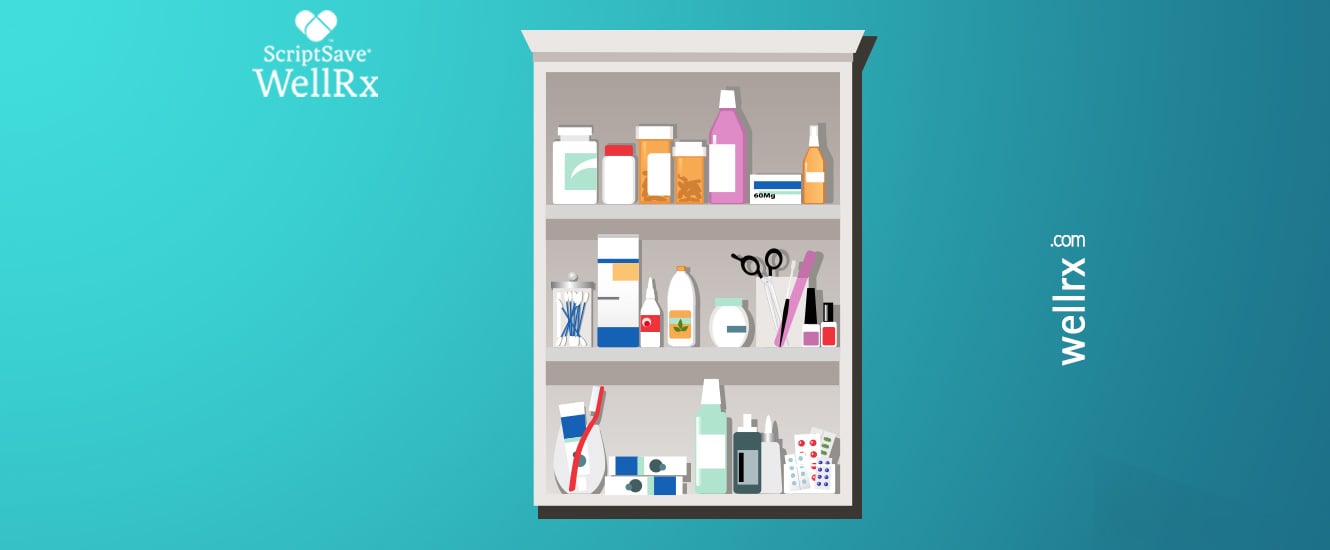Have you ever left your doctor’s office feeling more confused than when you arrived? Maybe even felt like your doctor didn’t understand your concerns? You’re not alone. When over 300 patients were interviewed after being released from the emergency room, only 6 in 10 patients were able to correctly describe their doctor’s directions.1
Good healthcare begins with good communication. If the doctor doesn’t understand your concerns and you don’t understand the doctor’s directions, you may not be getting the best care possible.
There’s a growing awareness in the medical community regarding the need for effective doctor-patient communication. We have several simple recommendations to help you in that process.
Eight Things to Consider on Your Next Doctor Visit:
- Write down your concern(s). When thinking about your health concerns, write down when it started, what you think may have caused it, how often it happens, what it feels like, things that make it better, things that make it worse, in as much details as possible.
Having written notes will help you organize your thoughts during the short time you have with the doctor. Additionally, they will help you better answer the questions your doctor will have. The more information you can give them, the better they will be able to help you.
- Consider bringing someone who can support you. A friend or family member can help catch things that might otherwise be missed, ask questions you may have not thought of, and help keep track of the information and instructions shared by the doctor.
- Be honest and straightforward about any concerns you have. Your doctor is required to protect your privacy and will only share your information with other healthcare professionals as required for your care. Even if it may be embarrassing, or you feel it may be irrelevant, it is important to share everything. Your doctor should be nonjudgmental and understanding. When you share openly, it will help the doctor see the full picture and catch things that may otherwise be missed.
- Don’t be afraid to ask questions! Doctors can sometimes use terms that are overly complex and hard to understand. It’s perfectly okay to ask for clarification in simpler terms or ask them to explain it again. Then, once you think you understand, repeat the information back to your doctor in your own words. This technique, called teach-back, can help you to internalize information and let the doctor know if anything was missed.
- Create and maintain a medication list. It can be frustrating for everyone (healthcare team and patients alike) when in response to the question “What do you take?” the answer is, “the little round white pill.” Hospitals can, and do, call pharmacies to find out what patients are taking, but having a list up front can save time and prevent potentially harmful prescribing.
In not knowing what you are taking, your doctor may mistakenly prescribe medication that could interact with what you are already taking. This could lead to your medications being less effective or additional side effects, so it’s important to create and maintain an up-to-date medication list.
When making your medication list be sure to include, at a minimum:
– medication name
– strength, dose, and frequency of dose
– reason for taking, and any special instructions that medication may have.
For example:
– levothyroxine (name)
– 125 mcg (strength)
– One tablet (dose) every morning before breakfast (frequency)
– For low thyroid hormone (reason for taking), take levothyroxine by itself ½ hour before any other food, medicine or drinks (special instructions).
When making your list, make sure to include any medicated creams, patches, inhalers, implants, suppositories, or any other less conventional forms of medications, like medical marijuana (MMJ).
Make sure to include any over the counter medications and supplements you take as well, as many of these may interact with other medications you are taking.
- Consider any language barriers. There can often be language barriers between a doctor and their patient. This can lead to problems in receiving quality medical care.
In the United States, you have a legal right to oral interpretation and written translation of any medical communication into your preferred language. This may take the form of written instructions or drug labels in your language or having an interpreter in the room or on the phone when you are with your doctor. These resources can help break the language barrier that could otherwise make it hard to get care.
- Include other members of your healthcare team. Questions about a medication? Talk with your pharmacist, especially when starting a new medication! Your pharmacist can advise you about side effects to watch out for, possible issues with other medications or supplements you may be taking and give you additional advice about how to improve your medication regimen.
- Work together with your doctor for the best outcome. If you have concerns with the treatment plan, ask about them! Work actively with your doctor to decide the plan that will work best for you.
Good medicine is not one size fits all, and as you voice your concerns and strive for better communication, you and your doctor can work as a team to make sure you get the best care possible.
References
- Crane, J. A., Patient comprehension of doctor-patient communication on discharge from the emergency department. J Emerg Med. 1997 Jan-Feb;15(1):1-7. https://doi.org/10.1016/S0736-4679(96)00261-2 Accessed Sep 24 2019.
- Ha, J. F., & Longnecker, N. (2010). Doctor-patient communication: a review. The Ochsner journal, 10(1), 38–43. Accessed Sep 24 2019.
- Clancy, C. M. How to Talk to — and Understand — Your Doctor. American Association of Retired Persons. https://www.aarp.org/health/doctors-hospitals/info-09-2010/finding_your_way_how_to_talk_to_8212_and_understand_8212_your_doctor.html Accessed Sep. 25 2019.
- Howley, E. How to Make Sure Your Doctor Understands Your Medical Condition. U.S. News. Jan. 16 2018. https://health.usnews.com/health-care/patient-advice/articles/2018-01-16/how-to-make-sure-your-doctor-understands-your-medical-condition Accessed Oct 1 2019.
- Don’t Be Shy: 4 Tips for Talking to Your Doctor. Johns Hopkins Medicine. N.d. https://www.hopkinsmedicine.org/health/wellness-and-prevention/dont-be-shy-4-tips-for-talking-to-your-doctor Accessed Sep 24 2019.
- Health Literacy | Understanding What Your Doctor Is Saying. American Heart Association. N.d. https://www.heart.org/en/health-topics/consumer-healthcare/doctor-appointments-questions-to-ask-your-doctor/health-literacy–understanding-what-your-doctor-is-saying Accessed Sept 25 2019.
- Executive Order 13166. Limited English Proficiency (LEP).gov. https://www.lep.gov/13166/eo13166.html Accessed Oct 2 2019.













 Store & manage your medication list
Store & manage your medication list Medication pricing updates
Medication pricing updates Pill & refill reminders
Pill & refill reminders Medication journal & mood log
Medication journal & mood log